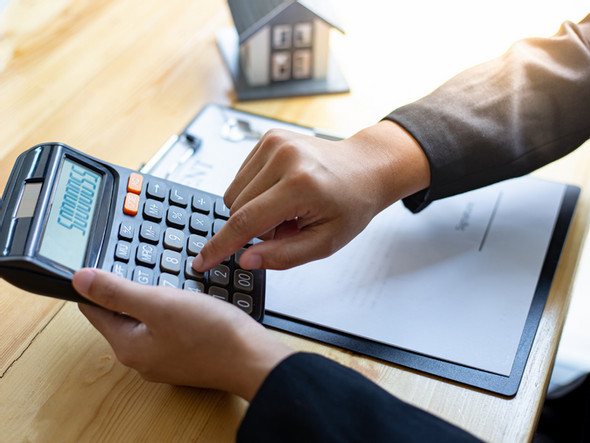There are seven things you should consider when buying an investment rental property. They include:
-
Location
-
Costs to improve the condition of the home
-
Property taxes and insurance
-
Management
-
Reserves
-
One Percent Rule
-
Return on Investment
Location
The location of the home is just as important as the home itself. The neighborhood you choose to buy in can have a profound effect on the long-term appreciation of the property. Finding a safe neighborhood where crime is low and the yards are well-manicured can help drive the value of your investment. Pick a neighborhood where the area is thriving rather than declining.
Cost to Improve
The condition of the home is very important. You must be realistic about the cost and time it will take to fix up a home. Beware of hidden costs. Hire a home inspector to investigate the condition of the home. Remember, time is money. The more it costs and the longer it takes to fix up, the lower your return.
Property Taxes & Insurance
Two of your biggest ongoing expenses will be property taxes and property insurance. Check with the local county assessor’s office to determine how much the property taxes will be then call a reputable insurance company to determine the insurance costs.
Management
Property management may seem like a little thing, but it’s really the most important decision you can make. Property management fees represent 8% to 10% of your overall cost. If you’re not going to manage the property yourself, find a reputable firm to help you lease the property and keep it well-maintained.
Reserves
Be careful not to spend all the cash you have allocated to fix up the property. Keep some in reserve for unexpected capital expenditures. You never know when the furnace or air conditioner will go out or the roof will begin to leak. If you’ve spent all your money, you may be in trouble when a problem arises.
One Percent Rule
There is a rule of thumb most single-family home investors use. It’s called the One Percent Rule. For example, if you buy a home for $200,000, it should rent for $2,000 a month in rental income ($2,000 ÷ $200,000 = .01 or 1%).
Return on Investment (ROI)
Return on Investment (ROI) measures how much profit you make on your investment. ROI is measured as a percentage. The formula is (Gain on Investment ÷ Cost of Investment = ROI). Gain is calculated by subtracting the expected value from the original value then dividing that amount by the original value. For example, if you invested $100,000 and it sold for $140,000 after all expenses, your ROI would be ($40,000 ÷ $100,000 = .4 or 40% ROI). This percentage can be stated as an overall return or as an annualized return, depending on the number of years you hold the asset.





